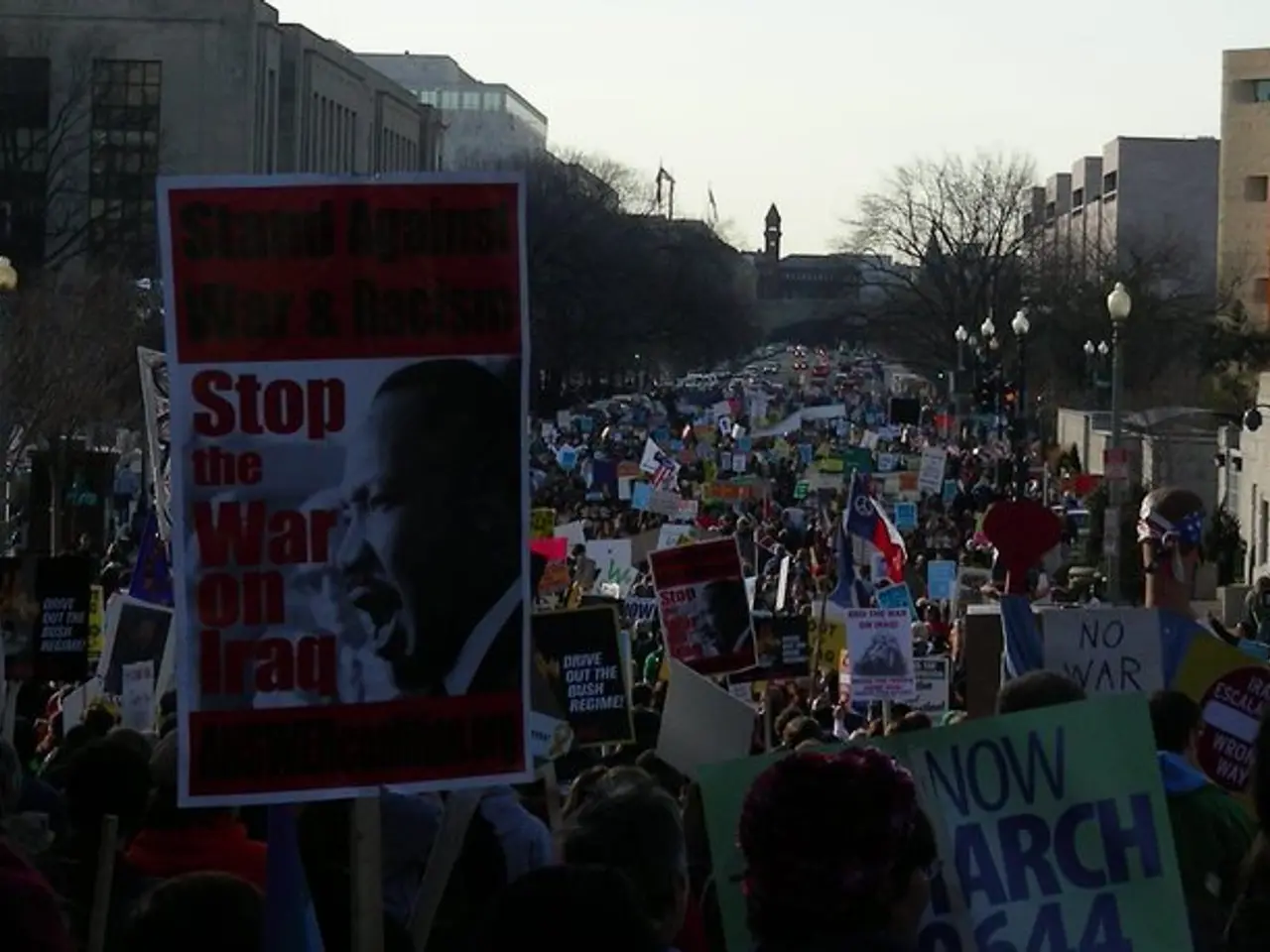Protecting Athletes from Internet Harassment: FIFA's New Strategy
FIFA shields athletes from millions of offensive remarks
Social media has become a breeding ground for abuse against athletes and sportspersons. With the increasing number of hate messages directed at them, it's become impossible for them to keep track. That's where FIFA steps in! The world football governing body provides a system that filters out a significant amount of hate speech and other offensive content from the internet.
FIFA boasts an impressive record, blocking more than ten million offensive comments aimed at teams, coaches, and athletes on social media since 2022. The service, known as the Service for Protection against Online Abuse (SMPS), was first introduced during the FIFA World Cup in Qatar in 2022 and has been utilized at 23 tournaments, including qualifying and friendly matches.
In total, over 33 million posts and comments on 15,302 accounts have been inspected by the SMPS. The service relies on the power of artificial intelligence to detect and eliminate hate messages before they reach the players. According to FIFA, this step is essential to protect the affected athletes, their families, friends, and followers from digital abuse and possible psychological stress.
Cyberbullying Targets Female Footballers
The SMPS is currently in use during the ongoing Club World Cup. Since its permanent availability to all 211 FIFA member associations and their players in 2024, the service has proven to be particularly useful. Shockingly, a FIFA study from the 2023 and 2022 World Cups found that female footballers were more frequently targeted with insults than their male counterparts.
DFB Fights Back Against Hate
German athletes have also become victims of cyberbullying. The German Football Association (DFB) took a decisive step when it forwarded hate comments directed at national player, Antonio Rüdiger, to the General Public Prosecutor's Office in Frankfurt am Main. These comments could potentially constitute incitement to hatred, as they were particularly offensive.
The DFB has been collaborating with the General Public Prosecutor's Office for the past two years. They report all relevant cases for criminal investigation and legal action. However, this collaboration may not be enough, as the DFB believes that "unfortunately, the platform operators do not fulfill their responsibility."
In response to this issue, the DFB is urging lawmakers to update the legal framework for athletes, similar to the criminal offense of insulting politicians introduced in 2021. According to DFB Vice Ronny Zimmermann, it would be ideal if a notification for prosecution would suffice, making it easier for athletes to seek protection against online harassment.
In conclusion, while Germany already has measures in place to combat misconduct in sports settings, it lacks specific legislation aimed at protecting athletes from online hate comments and incitement to hatred. With the growing number of athletes experiencing cyberbullying, it's more essential than ever to address this issue and establish strong legislation to protect these athletes' well-being.
The Commission has not yet adopted a proposal for a directive regarding stricter internet regulations, aimed at punishing individuals who engage in cyberbullying of athletes, including footballers, during sports events. Despite the German Football Association (DFB) forwarding hate comments directed at athletes to the General Public Prosecutor's Office, the DFB believes that platform operators should take more responsibility in addressing and eliminating online hate speech.








